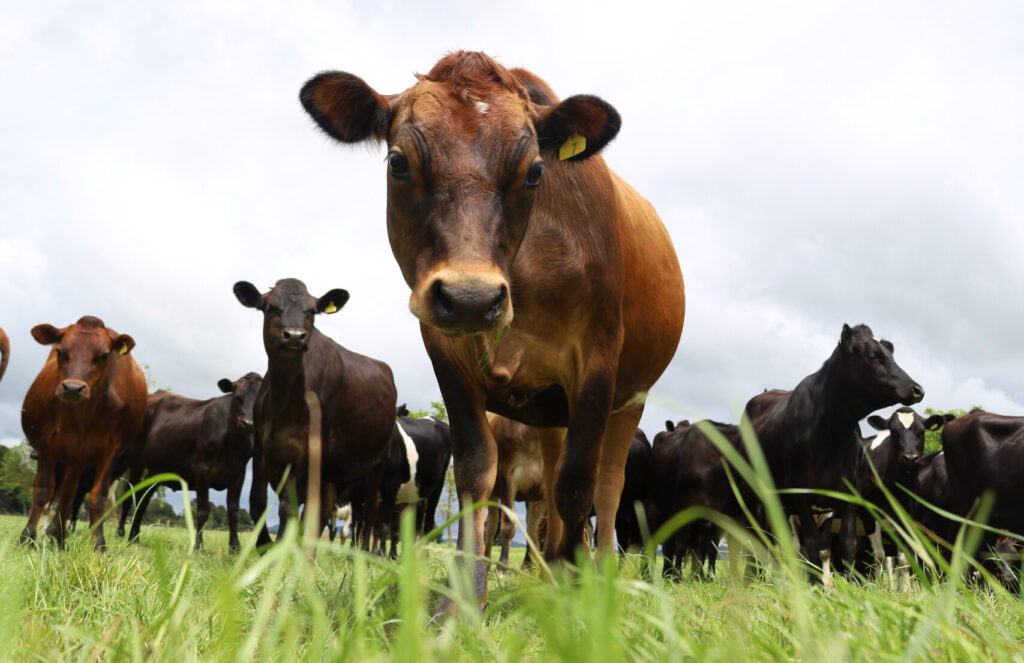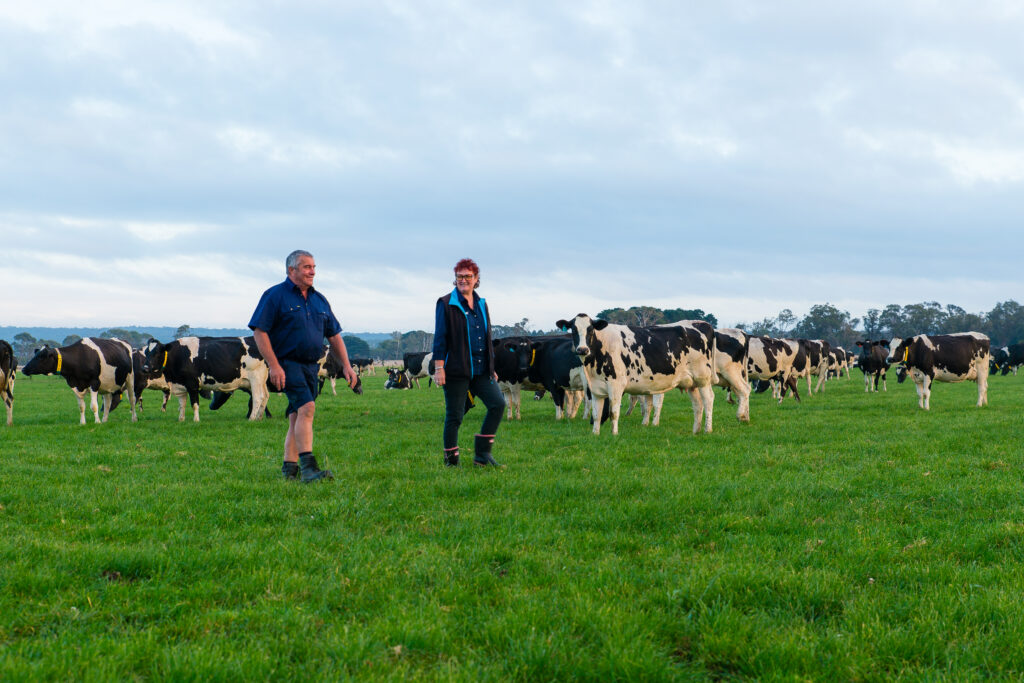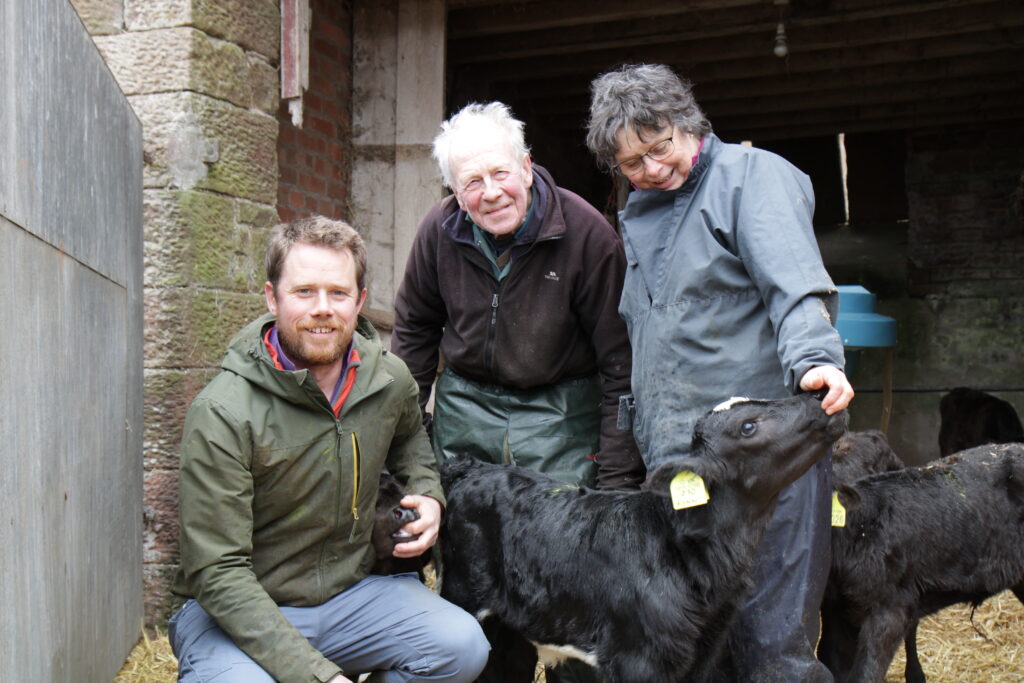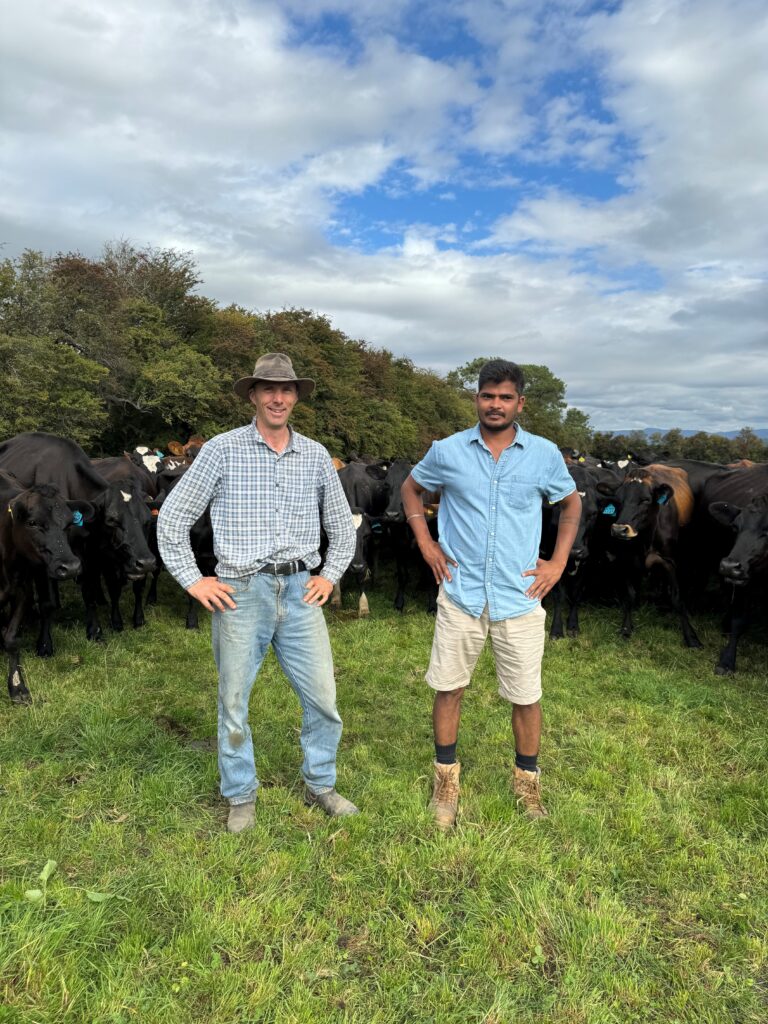Amidst Covid-19 restrictions, agritech and herd improvement co-operative LIC has worked with New Zealandcdairy farmers to deliver a largely business-as-usual breeding season.
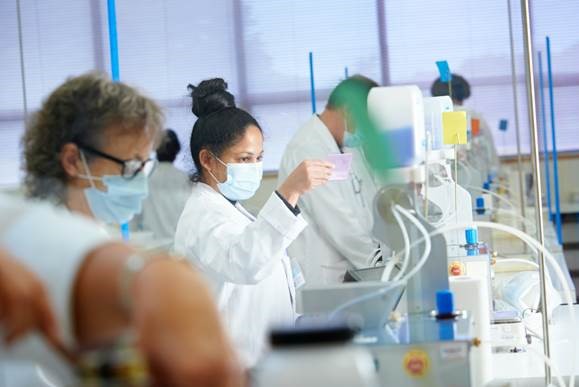
LIC Chief Executive Wayne McNee says, “The current Covid-19 outbreak has hit right at the busiest and most important time of the year on farm. The demand for dairy doesn’t stop, and farmers, particularly those in the North Island, have shown resilience during this critical time.”
During mating season, LIC collects, processes and despatches thousands of straws for artificial insemination (AI) each day, while also testing for animal health, milk quality and DNA parentage.
On its busiest day, 31 October, the co-operative despatched 115,000 straws to artificial breeding (AB) technicians around the country.
“September through to Christmas is a hugely important time for delivering genetic improvement on-farm. Farmers need to get their cows in-calf and the majority of them rely on LIC to do that job, so it’s really critical we continue to deliver to farmers.
“We are fortunate that many of our services are deemed essential – but that also comes with a big responsibility to keep farmers and our staff safe.”
LIC’s workforce almost triples to 2,000 people nationwide to deliver its AB, herd testing and diagnostics services, with most of its seasonal staff working in its facilities and labs in Hamilton.
Prior to the August lockdown, LIC had already planned to be operating very differently with staff wearing PPE in laboratories to mitigate the risk of Covid-19.
Under Alert Level 4, LIC quickly implemented heightened safety protocols for all areas. With the co-op’s head office and main laboratories then located within the Waikato Level 3 boundary, all non-essential staff continued to work from home.
“Our staff have been great at adapting to working in a different way during their busiest operational period”, McNee says.
LIC was well equipped to pivot the business and protect its services for farmers after implementing world-leading health and safety measures against Mycoplasma bovis since 2018.
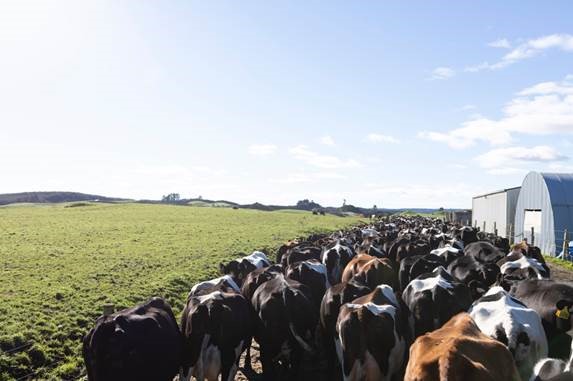
Farmers continue to invest in premium genetics products
The trend towards using LIC’s premium genetics products range, where young, genomically-selected bulls are used to fast-track genetic gain, has continued this season.
“Mating season has always been an important time to get cows in-calf but now with a focus on cow quality over quantity, we’re seeing more farmers turn to premium genetics to help them meet climate targets and drive efficiency gains.
“This makes this time of the year even more important to deliver genetic improvement off the increased investment.”
More than half (50.3%) of total inseminations this year will be delivered by genomically selected young bulls, up from 41.3% last year.
Genomics is driving the next wave of productivity and efficiency gains for the dairy industry – with genetics accounting for approximately 40-60 per cent of all cow productivity improvements.
“Farmers have clearly seen the benefits of using genomic bulls to breed more productive herds and there is a high degree of trust in the calves that come from this,” says McNee.
More farmers this season have invested in sexed semen, which accelerates genetic gain within dairy herds by enabling farmers to get more replacement heifer (female) calves from their top performing cows.
More than 200,000 sexed straws will be dispatched to farmers this year, almost doubling last year’s total figure (110,000), and 33,804 the year prior.
To meet the increasing demand, LIC now houses one of the world’s biggest fresh sexed semen sorting facilities at its Hamilton headquarters.
LIC also reported a record number of elite young bulls joining artificial breeding (AB) teams which will ensure farmers have access to the latest and greatest young genetics this mating season. The record number demonstrates the accuracy and value in using genomic selection in LIC’s breeding scheme.
